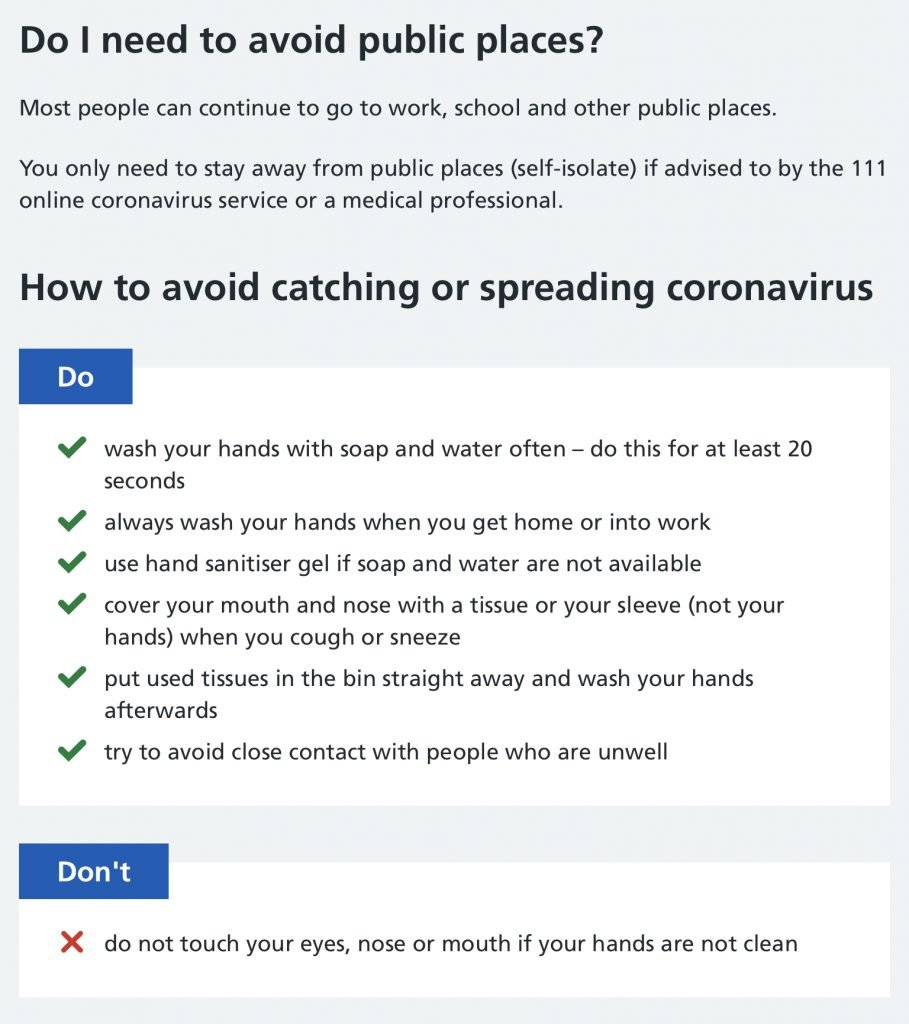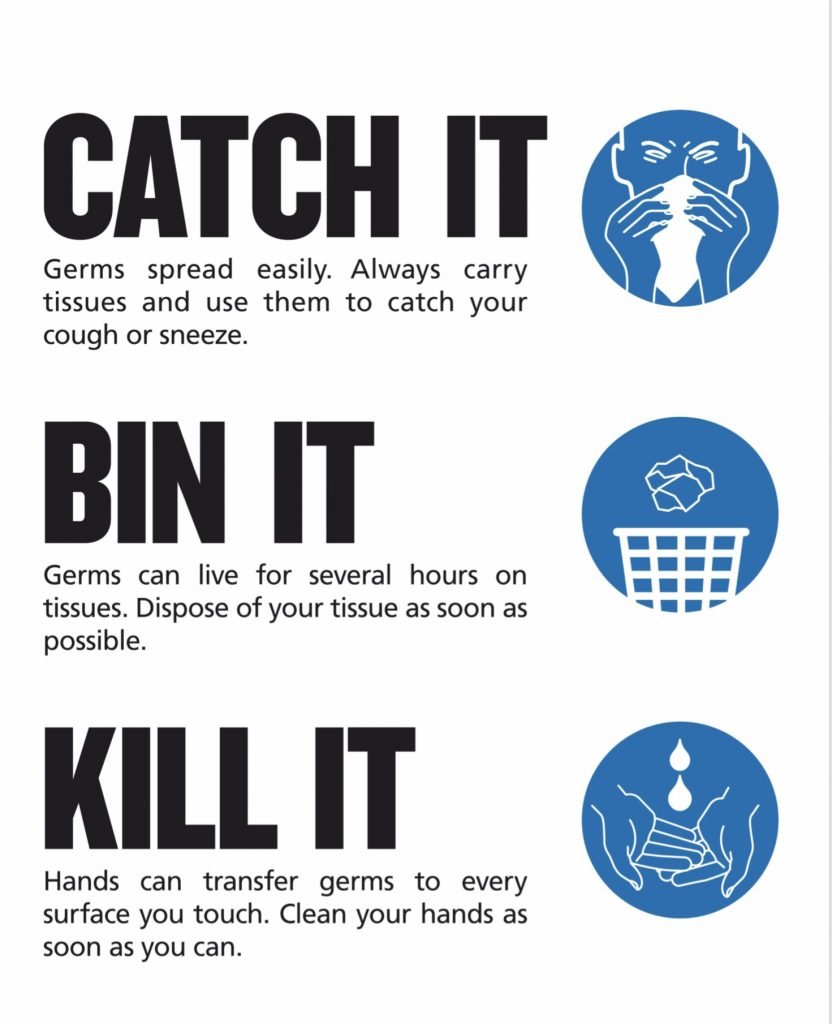Activities
Games & Play
Games and playtime activities are great opportunities to develop your child’s speech and language skills.
Simple Games
There are lots of simple games you can play and indirectly work on speech and language. Games can played while driving in the car, or when you are at the park or in the supermarket. Learning language does not have to be done in a structured environment. Don’t forget when you are playing games to focus on speech and language, you will also be working on social skills, turn-taking, observing, listening and attention, so it’s a win-win situation. Board games also provide great opportunities for talk – you can borrow games in school from the maths games library.
Toys
Toys are fun and great for involving your child. Even with the simplest toys you can create fun activities and provide lots of situations for learning and developing speech and language. Imagine building a tower with wooden blocks – a simple game, but with loads of opportunities to use adjectives (higher, up), verbs (fall down, build), preposition (on-top), nouns (colours, numbers) and to develop turn-taking, joint focus, sharing, listening, attending, observing.
Look at books
Books are great for having a shared focus and for learning new words. They can also play a key part in developing speech and literacy skills. You can focus on books with symbolic sounds for early speech or storybooks to focus on language. Look at the books together, name the pictures, ask questions, and talk about the story.
Role play
Dressing up is great fun and playing different roles will expand your child’s imagination. In fact you do not even have to dress up to do role play. Games involving different characters will allow you to introduce lots of new related language and stretch your child’s creative play skills. For instance, if you pretended to be firemen putting out a fire, think how many related words you could use, “fire, fireman, fire engine, ladder, water, hose, burning, building, driving, climbing, up, down, smoke, hat, boots, jackets, save, squirt, bucket, fire out, hero etc. Role play is great for expanding your child’s imagination and introducing new vocabulary.
Language needs to be fed into the game, rather than trying to encourage the child to say particular words. This means we don’t want to be continually saying to the child “what is he doing?” or “what are you doing?” or “say running, say running”. Children do not learn language this way, they learn language by hearing it first and making associations between the word and the action. As adults we want to just feed the language in at the appropriate times.
Example of a language role play game:
Bus Driver game: Let your child be a bus driver and you can be the passenger. Set up some chairs for a bus and act the roles. As an example, just look at all the verbs you might use in this game: steer the bus, press the horn, ring the bell, sit down, pay the driver, drive the bus, find the change, walk down the aisle. If your child finds a game complicated, you could be the bus driver first and model it for your child, then your child can take a turn and you add language to the situation.
Music
Music is also a great way to involve your child and can be used in many ways to enhance speech and language. It’s good for getting your child to listen, and experience a shared focus. You can read books and follow music singing the songs as you point to the pictures and some songs can be sung involving actions, creating the link between words and actions.
Using everyday activities as a language learning opportunity
Bathtime – Use lots of vocabulary during bath-time, talk to your children, and model the words for them. Introduce vocabulary: Verbs: wash, scrub, rinse, clean, brush, dry, splash, sink, float. Nouns: soup, towel, water, tap, flannel, bath, sink, body parts. Sing songs in the bath.
Cleaning the bedroom – Play “I-spy” to practice initial sound awareness
Talk about what the people on the street are doing (e.g. walking, working, riding etc) to focus on verbs, or name as many different occupations that you can see (driver, policeman, road-worker, shopkeeper etc).
(Adapted from icommunicatetherapy.com)



